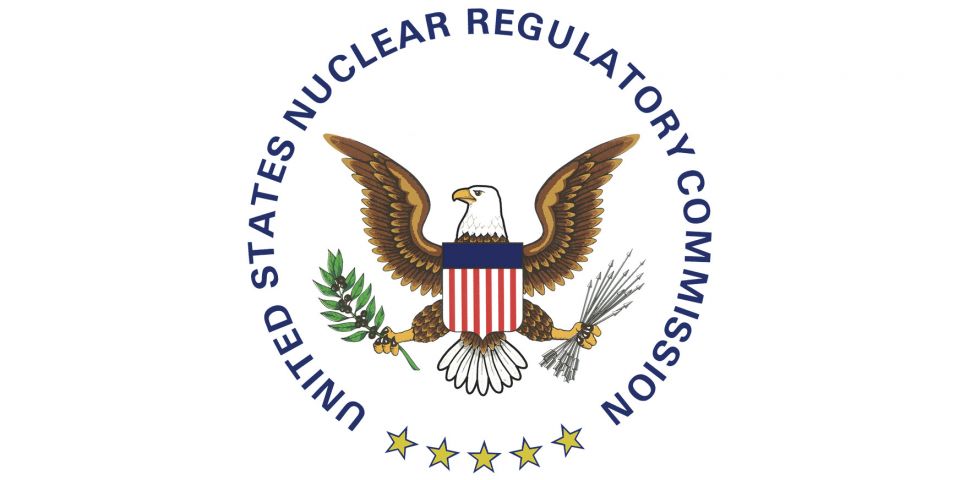Current state of affairs: Korsnick noted that there has been "significant progress” in the industry to extend the current fleet of reactors, deploy new advanced technologies including advanced reactors and fuels, and modernize the regulatory process.
“The U.S. still boasts the highest-performing nuclear fleet in the world. Our fleet runs efficiently, it runs safely, and it produces reliably in the face of more extreme weather conditions and increasing demand,” said Korsnick. According to her, the startup of Vogtle-3 and -4 is “more than a win. It’s a watershed moment, and it won’t be the last.”
Many applications for nuclear reactors have been advancing through the regulatory process over the last 12 months, including from Kairos Power, TerraPower, NuScale, Ontario Power Generation in Canada, and others. And the past 12 months have seen an increase in nuclear-related financing in the U.S. and beyond.
The world is turning to nuclear: Korsnick also remarked on the pronuclear momentum on the world stage: “Support for nuclear has materialized into demand, and the race to realize its potential is officially underway. Geopolitical conflicts and climate commitments have forced nations to see nuclear with new eyes. They’ve gone from soft-pedaling—or, in some cases, flat-out decelerating—nuclear energy initiatives to ramping them up.”
Several countries like Poland, India, the Netherlands, the Philippines, and others have demonstrated new nuclear commitments. The shift is also evident in the change, compared to a few years ago, in sentiment toward nuclear at last December’s COP climate summit, when over 20 countries pledged to triple global nuclear energy by 2050.
The race to deploy: “Policymakers in the U.S. are working to ensure America can win the race on commercial nuclear. While Democrats and Republicans can’t agree on much, they agree that nuclear is the key to national security and global competitiveness,” Korsnick said.
“Other nations need nuclear energy, and they want to do business with us. When we export American nuclear, we export American standards—the highest standards in the world.”
Korsnick also touched on the progress being made to lessen the untenable dependence on Russian uranium and toward developing the American nuclear fuel supply. Congress this week signed into law a ban on Russian uranium imports. In addition, suppliers like Urenco, Orano, and Centrus are working on advanced fuel technology.
Meanwhile on the electricity side, companies are expanding data centers to increase computing power. Our existing nuclear fleet coupled with advanced nuclear technologies is critical to meet this demand.
When it comes to updating the regulatory process, achieving efficiency and safety are not mutually exclusive, said Korsnick. “We can achieve both. But it requires a shift in culture just as much as process.”
Korsnick also emphasized the need to build out a safe, secure, and resilient supply chain, stating, “We have to make it happen. Demand for energy will only keep growing, and there’s only one solution on the market that will keep going for 60, 80, 100 years. Truly, there has never been a more exciting moment for our industry.”




